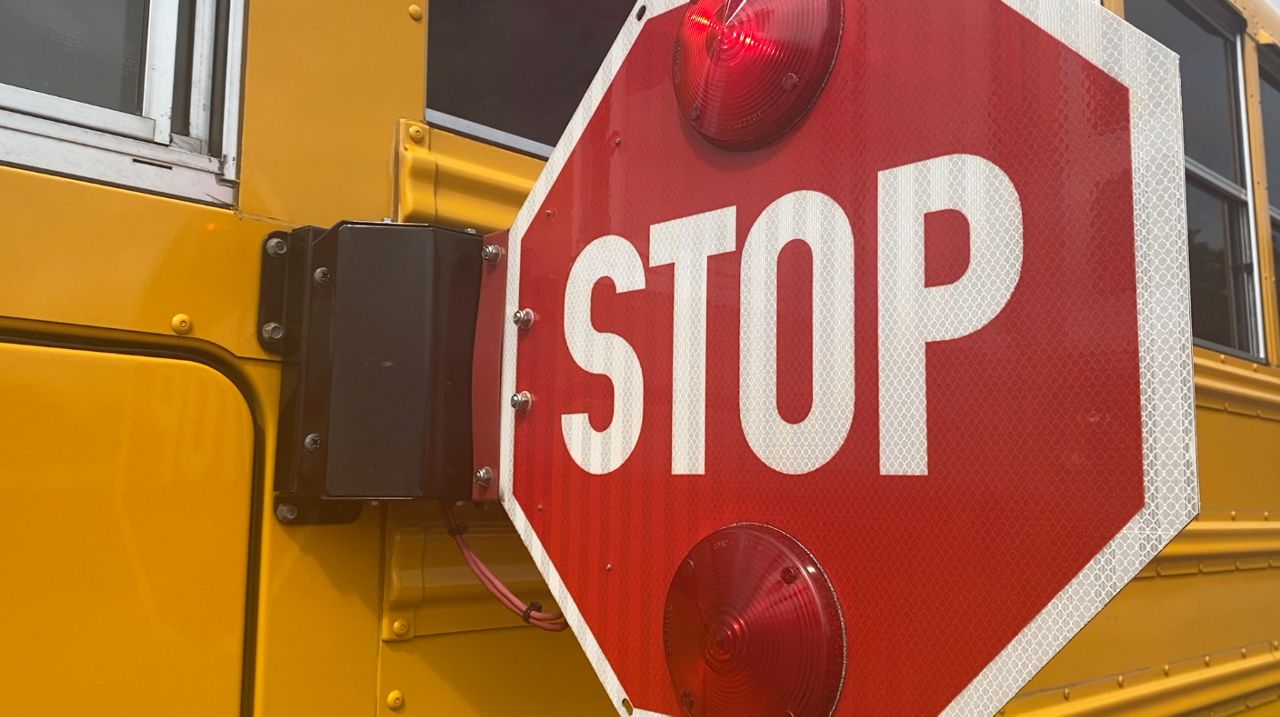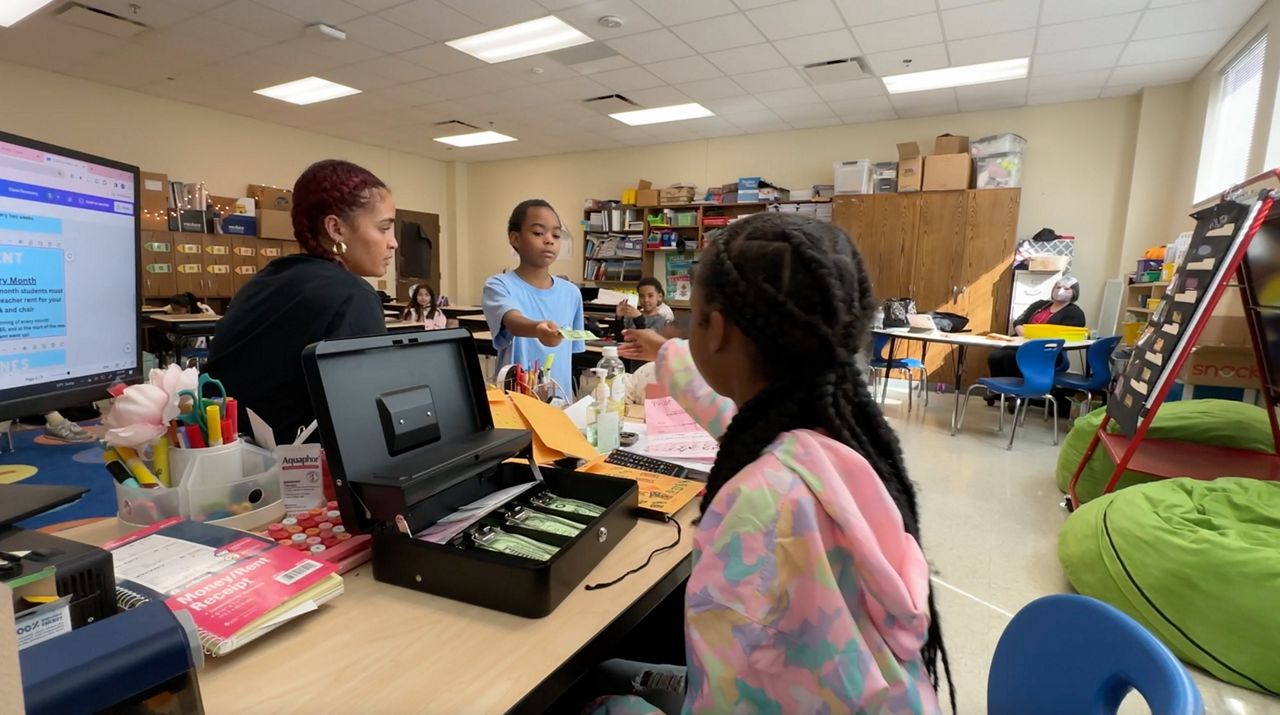With most schools in North Carolina getting ready to bring students back to classrooms in August, public health officials released new coronavirus guidelines for schools. Students in year-round schools have already started back in the classroom.
The recommendations include requiring face masks for all students, teachers and staff while in school buildings. The state’s 116 school districts will get the ultimate decision on how to bring kids back into the classroom for the upcoming school year.
Children as young as 12 can get Pfizer’s coronavirus vaccine, and the new schools' toolkit suggests a number of strategies to convince parents to vaccinate their kids.
Gov. Roy Cooper’s statewide mask mandate expires at the end of July, but public health officials warn that cases are increasing again as the more contagious delta strain infects more people in North Carolina.
The new school guidelines are not mandates, but a set of recommendations for county and local school boards to use to make their own decisions on what to do when students return to the classroom. The new recommendations went into effect July 30.
“The most important work our state will do next month is getting all our school children back into the classrooms safely for in-person learning,” Cooper said Wednesday. “That’s the best way for them to learn, and we want their school days to be as close to normal as possible, especially after a year of disruption.”
The new recommendations from the state follow guidelines from the Centers for Disease Control and Prevention and the American Academy of Pediatrics.
Here’s what’s in the new Strong Schools NC Public Health Toolkit:
The new guidelines say all students, staff and teachers in kindergarten through 12th grade should wear face masks while indoors.
Schools should also consider requiring unvaccinated people to wear masks in big outdoor gatherings, according to the recommendations.
The guidelines say schools should keep masks on hand for students who forget them, and no students should be disciplined for not bringing a mask to school.
Schools that don’t require masks for unvaccinated people need extra layers of protection, including closely monitoring for cases and having access to testing, physical distancing, ventilation and hand washing.
Coronavirus vaccines are available for free to anyone 12 and older in North Carolina. The new guidelines say schools should push teachers, staff and families to get fully vaccinated as soon as they can.
It takes two weeks for someone to be considered fully vaccinated after their second shot.
There are three vaccines available for adults: the single-dose Johnson & Johnson vaccine or the two-shot vaccines from Pfizer and Moderna. The Pfizer vaccine is the only shot approved for students 12 to 17 years old.
Schools already require families to share records for other vaccines. Schools can ask parents to voluntarily share coronavirus vaccine information for students and use the same systems they use to track other private vaccination information.
All students between kindergarten and eighth grade need to wear a mask inside, the guidelines say. In high schools, fully vaccinated students and staff do not have to wear a mask.
Classroom desks no longer need to be 6 feet apart. The new guidelines recommend 3 feet of social distancing for indoor spaces between students and 6 feet between students and staff.
If schools don’t have enough room for separating desks by 3 feet, “it is especially important to layer multiple other prevention strategies, such as indoor masking, screening testing, improved ventilation, hand washing and covering coughs and sneezes,” the guidelines state.
Classrooms will also need to be cleaned regularly.
On the bus rides to and from school, public health officials say everyone should be wearing a mask. The guidelines also say that, if possible, school systems should distance students while on buses, by putting one student on a row or skipping rows.
Public health officials also recommend opening the windows on school buses to get better ventilation.
The recommendations say bus drivers should have spare masks for students who forget theirs. Buses should also be cleaned frequently and have hand sanitizer for students.
Students who get sick during the day should be able to get alternative transportation home and not ride the bus, the toolkit says.
The new recommendations have a number of scenarios for what to do when students, teachers and staff come in close contact with someone who has the coronavirus.
The good news is if someone is fully vaccinated, they don’t have to quarantine. Same goes for people wearing masks who are exposed to someone with the virus who was also wearing a mask.
If a student wears a mask consistently near a classmate who tests positive (and also wears a mask), they do not have to quarantine after exposure. In other situations, people will have to quarantine at home for 10 to 14 days.
There are no provisions for remote learning if students are out of school on quarantine, so they would miss those days of class.






)


